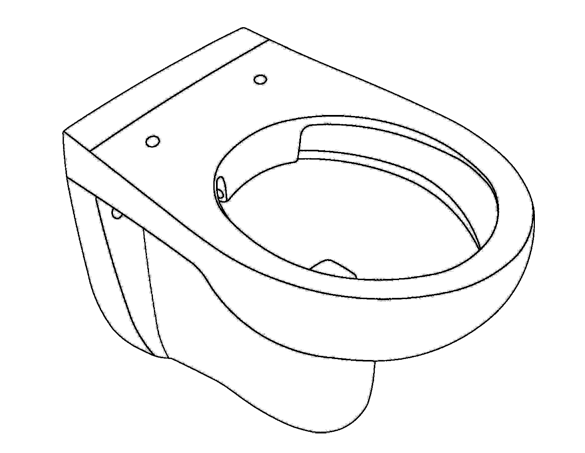As simple as it may seem, proper handwashing remains the most effective way of removing germs and harmful bacteria from our hands.
This prevents the spread of diseases and keeps your environment safe, fresh, and clean.
There are many easy ways to keep your hands clean. The common methods used in many workplaces include the use of sufficient soap and water or good alcohol-based sanitizers when water is not easily accessible.
It will be easier to take hand washing more seriously when we know the benefits of keeping the hands clean as much as possible and also keeping the environment properly sanitised.
When to wash your hands
You should wash your hands thoroughly:
- after using the toilet
- after changing nappies
- before, during and after preparing food
- between handling raw and cooked or ready-to-eat food
- before eating
- after blowing your nose, coughing or sneezing
- after using a tissue or handkerchief
- before and after attending to sick children or other family members
- after smoking
- after handling rubbish or working in the garden
- after handling animals
- when you get home, arrive at other people’s homes, at venues or at work.
Avoid touching your eyes, nose, and mouth with unwashed hands.
If you feel a cough or sneeze is coming on, make sure to cough or sneeze into a tissue and then throw it away and wash your hands.
If you do not have a tissue, cough or sneeze into your elbow. It’s a part of your body less likely to touch other surfaces and will help stop the spread of nasty germs.
How to wash your hands properly
To wash hands properly:
- Wet your hands with clean, running water, turn off the tap.
- Apply soap and lather well for 20 seconds (or longer if the dirt is ingrained).
- Rub hands together rapidly across all surfaces of your hands and wrists.
- Don’t forget the backs of your hands, your wrists, between your fingers and under your fingernails.
- If possible, remove rings and watches before you wash your hands, or ensure you move the rings to wash under them, as microorganisms can exist.
- Rinse well under running water and make sure all traces of soap are removed.
- Dry your hands using a clean towel or air dry them.
- It is best to use paper towels (or single-use cloth towel).
- Dry under any rings, as they can be a source of future contamination if they remain moist.
- Hot air driers can be used.
At home, give each family member their own towel and wash the towels often.










